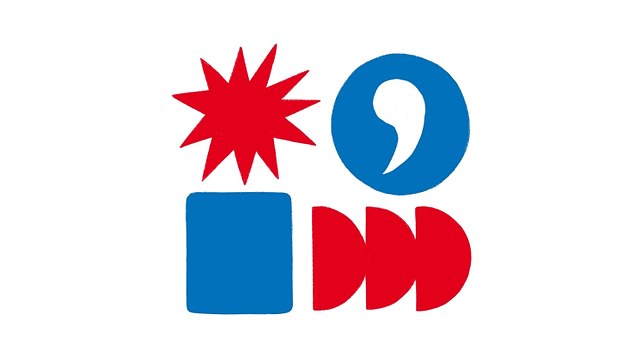Key Question & History
Joint Key Question of the Research Center LiDS
The key question of the research center LiDS is "How can sustainable language education succeed in the context of diversity?". The aim is to identify the educationally relevant consequences of linguistic diversity and thus, on the one hand, to develop fundamental insights into education in the 21st century and, on the other hand, to provide a scientifically sound basis for shaping educational practice. The research center and profile initiative pursues this goal in three main research areas.
- Specialization I Literacy in Life Trajectories
- Specialization II Literacy, Multilingualism, and Multimodality
- Specialization III: Language Learning in Subject-Specific Education
It has links to the core research area Linguistic Diversity in the Faculty of Humanities.
Shared Understanding of Literacy in Diversity Settings
Literacy in Diversity Settings—Language and Education in the 21st Century
Linguistic diversity is a defining feature of differentiated societies. The growth of (written) language diversity, also in German society, is due to factors such as:
- social differentiation
- migration, internationalization, and global economic integration
- the development of information and communication media that facilitate communication beyond the traditional boundaries of time and place.
Linguistic Diversity
Linguistic diversity in German society (as in any other differentiated society) is composed of coexistences:
- the coexistence of specific languages: German as the long-established native language; Danish; Frisian, and Sorbian as long-established minority languages; and an alphabet of nonnative languages from Amharic, spoken in Ethiopia, Eritrea, Djibouti, and Kenya, to Zaza, spoken in Turkey, Iraq, Georgia, Kazakhstan, Russia, Iran, Jordan, and Syria, that can also be heard in Germany
- the coexistence of varieties (e.g., standard variants, dialects, and slang forms, such as that used among youths)
- the coexistence of modalities of language (such as spoken language, sign language, written language)
- the coexistence of registers—that is, the language used by experts in specific fields, such as school subjects, professions and academic disciplines, and communication communities of special areas of interest.
Literacy and Social Participation
Every member in a society should aim to have the widest possible range of components of linguistic diversity. The more extensive a person’s linguistic repertoire is, the greater their chances of participating in society. This includes the ability to express oneself in writing.
The English term “literacy” is widely used internationally to refer to the ability to understand and use writing. Literacy is not only about reading and writing in the narrow sense but also about dealing with various systems of signs—for example, the formulas and symbols in the mathematical and scientific fields. In German, the term Bildung comes close to this understanding of literacy, focusing on the ability to understand and use language, also in the form of writing. Therefore, literacy is the prerequisite to enabling social participation and the sustainable shaping of society. In this respect, developing and promoting literacy begins in early childhood education and does not end with graduation from the school system; rather, it continues into the vocational or higher education system (vocational or academic literacy). Research in the research centre and profile initiative is thus guided by the concept of lifelong learning—that is, it covers (basic) education from early childhood to adulthood.
History of the Research Center LiDS
"Literacy in Diversity Settings (LiDS)" was launched by researchers of the Faculty of Education after strategic appointments and bundling of research activities in integrative joint projects. Years of interdisciplinary research collaborations have shaped the current thematic focus. With the establishment of the faculty research center in September 2021, LiDS provides a structural basis to further advance strategic thematic priorities such as the promotion of young researchers, international networking, transfer, and public visibility. The research goals and central questions of LiDS are formulated in such a way that numerous interdisciplinary links and university-wide collaborative projects are possible.

